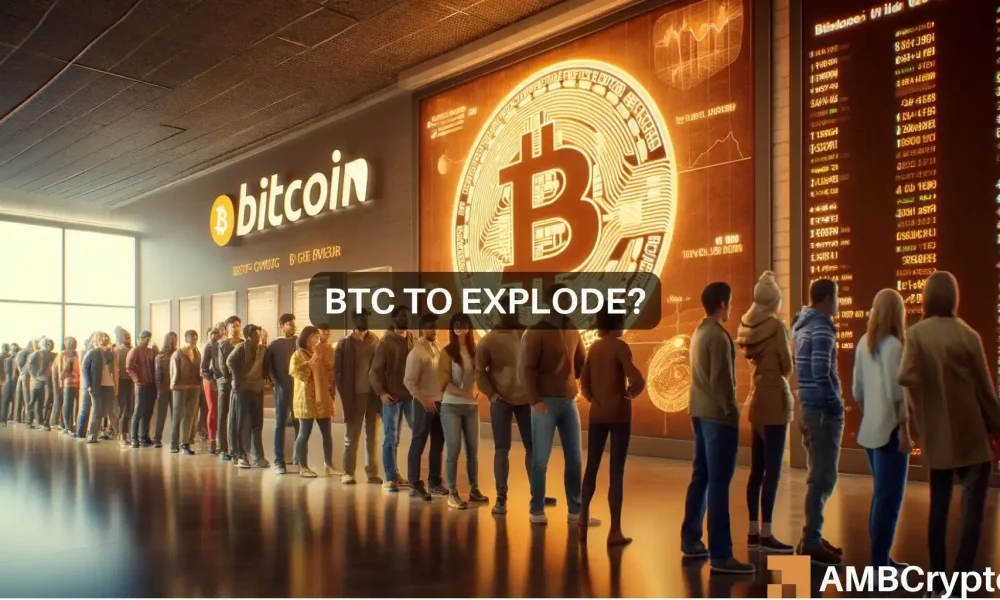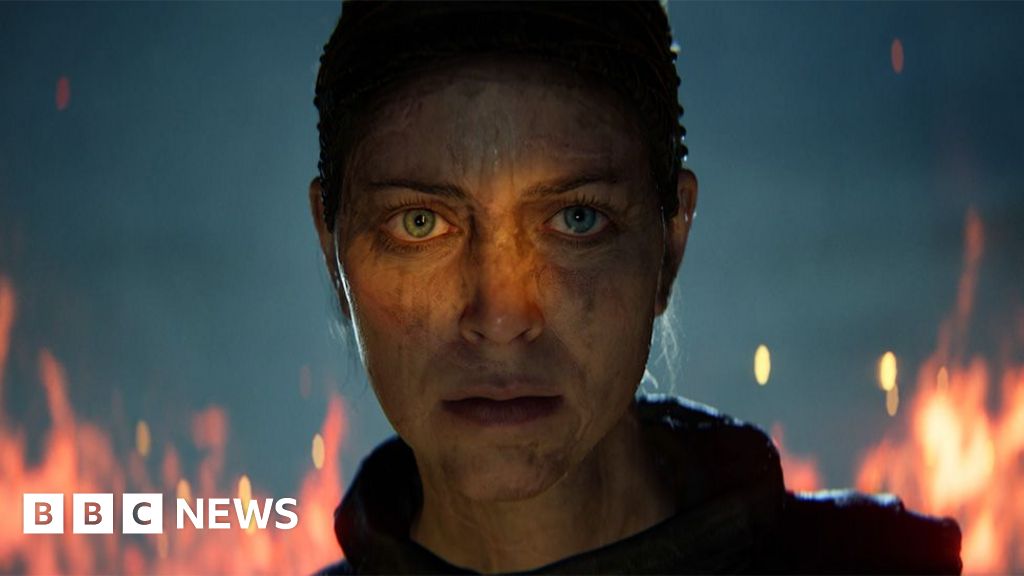Clutching the phone, I collapsed to the floor and screamed, ‘No!’
‘I’m sorry,’ my dad said helplessly. ‘I’m so sorry.’
It was summer 2020 and he’d just told me that he’d been diagnosed with stage 4 pancreatic cancer, which had spread to his liver and lymph nodes.
He died 12 weeks later, aged just 67.
My dad, Clive, was incredibly fit and healthy. He used to grow his own vegetables and walking was his passion.
But in summer 2019, he had a routine men’s wellness check and they found he was borderline diabetic. It seemed bizarre. He was slim and didn’t drink or smoke.
No one looked into it any further, though. He was told to go and enjoy his retirement.
Then, around Christmas, he started experiencing back pain.
Now, if anyone were to mention they’ve suddenly got diabetes and back pain, I’d tell them to get their pancreas checked immediately, because they’re two symptoms of pancreatic cancer.
But I didn’t know that then, and doctors didn’t put two and two together.
Instead, he had physio for the soreness, but it didn’t work. In fact, it got worse.


Finally, in July 2020, he was given blood tests. The results raised major concerns, prompting further tests that led to his eventual diagnosis.
Dad put on a brave face, but he was heartbroken. My two sisters and I each have two children and he knew he wasn’t going to see his beloved grandchildren grow up.
It was an absolute nightmare.
He was deemed the perfect chemotherapy candidate because his body was in such good condition – but he had to see an oncologist before treatment could start.
It took five weeks to get an appointment. The oncologist was on holiday for part of that time; but otherwise, none of us know why it took that long.
When she did see him, she told Dad he’d have six to 12 months left to live if he had chemo; or three to six months without it. My dad asked to start immediately.
Two weeks later, he was still waiting.

It was pure hell for us all. We could see Dad deteriorating by the day.
He struggled with his mobility – walking downstairs was hard and driving became impossible quite early on – and eating was hard, too.
Of course, the pandemic didn’t help. The whole family basically all moved into my mum and dad’s house. We knew, by now, that we were on borrowed time. It was devastating.
In September 2020, he was given a pre-chemo blood check. The doctors thought he had an infection, so he was taken into hospital to sort that out before he began his treatment.
He spent four days in hospital, before being told that it wasn’t an infection.
In fact, the cancer had spread too far. He was now too ill for chemo and he wasn’t going to see Christmas.
In the car on the way home, Dad and I discussed his funeral. My dad was a practical man, and didn’t want us to have to worry about things.
So he told me what hymns he wanted played, who he wanted to attend and asked me and my sister to help him finish his eulogy.
I listened, and nodded, barely able to believe we were having this conversation, while Mum sobbed beside us.
At home, Dad became more poorly. One night in October, Mum asked me to go and get him for dinner and it took me 20 minutes to help him downstairs. It was like trying to help a skeleton.

You could see he was in agony. Once he was downstairs, he tried to stand up from his chair, but couldn’t. ‘I’m dying,’ he gasped.
I phoned an ambulance and he was blue-lighted to the hospital.
The next day, we learned that the tumour was now blocking his kidneys, the morphine wasn’t being processed and he was in so much pain.
The hospital staff wanted him to go to a hospice but he was terrified. Covid restrictions were still in place and the rule was that only one person at a time could visit, for just two hours a day. He didn’t want to die alone.
Thankfully, thanks to the charity Pancreatic Cancer UK, we knew we could bring him home and have the end-of-life care package there, with hospice nurses, a hospital bed and a syringe driver to administer pain relief.
So that was what we did. We let his grandchildren say goodbye, and my sisters, Mum and I prepared to take care of him to the end, with the help of the nurses.
Pancreatic cancer symptoms
- Jaundice
- Itchy skin
- Darker urine or poo
- Unintentional weight loss
- Loss of appetite
- Fatigue
- A raised temperature and feeling shivery
Find out more here
The nurses were amazing, but watching someone die from pancreatic cancer is inhumane. I wouldn’t wish it on anyone.
At the end, though, thankfully, he was comfortable: Sitting up slightly, holding our hands. Two on one side, two on the other.
The end-of-life nurses had warned us that, because he’d been so healthy, Dad’s heart wasn’t going to give up. And, sure enough, it kept beating, even when his breathing became shallow.
‘Clive, let go,’ the nurse said gently.
Then, he did. He died.
Once he was gone, we really struggled with Dad’s loss. Especially because of how much he suffered.


I knew I needed something to focus on, so my sister and I signed up for the virtual London Marathon in 2021.
We mapped the route of my dad’s life, starting with where he was born and ending at his grave.
My dad always said he was going to do the Yorkshire Three Peaks – where you climb three mountain peaks in one day – when he was 70 and when he was diagnosed, I told him I’d do it for him.
He told me the best time to do it, for maximum sunlight, and that he wished he could come with me. ‘Can you make sure you fundraise and stop other people going through this hell?’ he asked.
So I did. All the physical challenges we’ve done have raised money and awareness for Pancreatic Cancer UK.
It would be easy to say I feel angry about my dad’s lack of treatment – and for a long time, I did.
But now, I’m determined that these things are going to change.

If my dad had been diagnosed earlier, or he’d received chemo, I know he probably wouldn’t have survived his illness. But he could have had more time.
So I’m fronting a Pancreatic Cancer UK campaign called Don’t Write Me Off. Seven in 10 people with pancreatic cancer never receive treatment and more than 50% of people die within three months of their diagnosis.
Faster action would mean other people might get the chance to make the memories with their loved ones that I wasn’t able to make with my dad.
I would have pushed more for answers – but we didn’t know. So for anyone who’s going through something similar: Push for tests. Push for answers – and make sure you get the quality of death that you want.
I had a brilliant relationship with my dad – we all did – and he knew how loved he was. He didn’t get the treatment he should have had; but at the end, he was comfortable and he knew we were with him.
For that, I will always be grateful.
As told to Izzie Price
Pancreatic Cancer UK runs the only dedicated Support Line for patients and their loved ones, staffed by specialist nurses. They provide expert, confidential, personalised support and information. Freephone 0808 801 0707 or for more information visit their website here.
Do you have a story you’d like to share? Get in touch by emailing [email protected].
Share your views in the comments below.
MORE : He told me I was perfect so I never noticed he was ‘spiderwebbing’
MORE : I was last in a relationship in 1997 but my dating advice is invaluable
MORE : I never knew why my date ghosted me until he booty called 4 years later
Sign up to our guide to what’s on in London, trusted reviews, brilliant offers and competitions. London’s best bits in your inbox
This site is protected by reCAPTCHA and the Google Privacy Policy and Terms of Service apply.

Sarah Carter is a health and wellness expert residing in the UK. With a background in healthcare, she offers evidence-based advice on fitness, nutrition, and mental well-being, promoting healthier living for readers.







